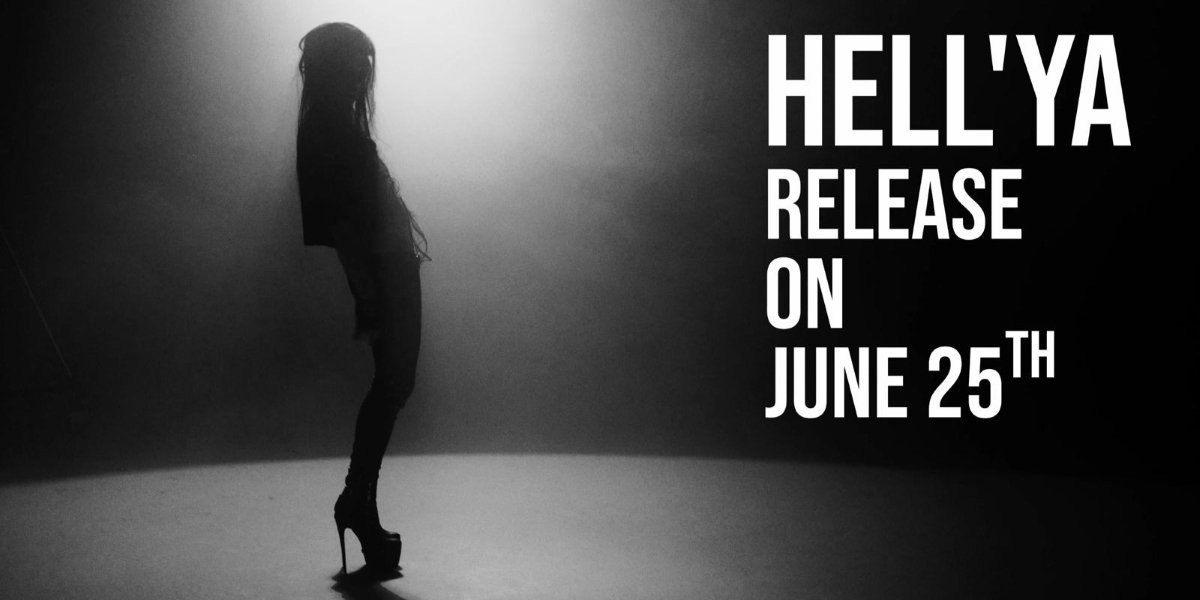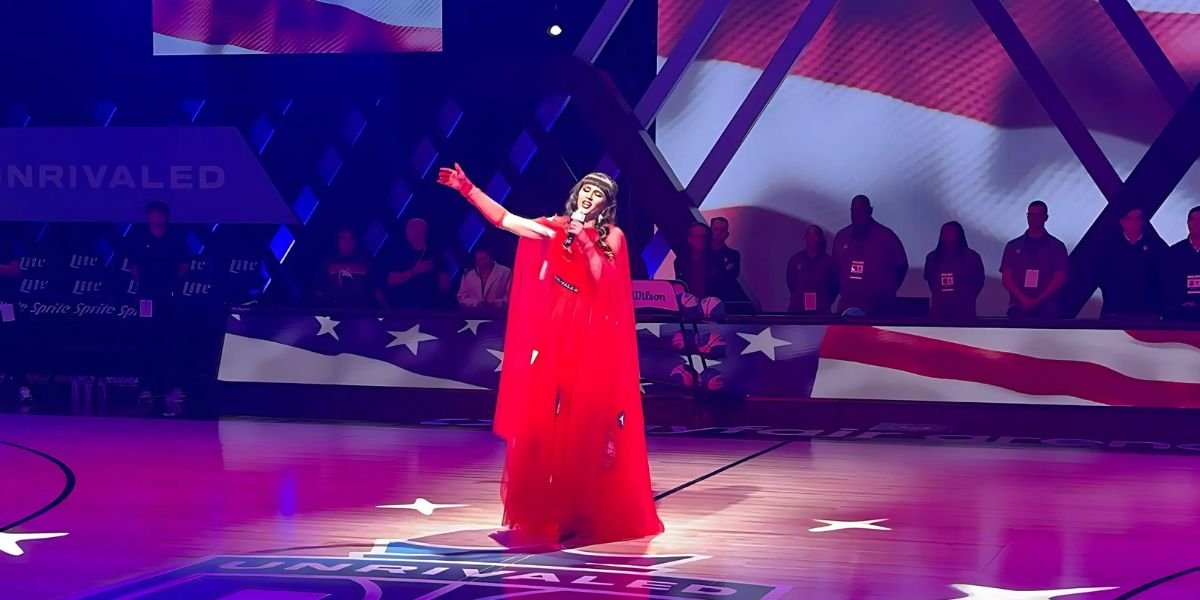Jazz music – it’s the soulful sound that emerged from the streets of New Orleans and captured the hearts of music lovers around the world. With its improvisational spirit, complex rhythms, and rich history, jazz has long been revered as a quintessential American art form. But in an era dominated by pop, hip-hop, and electronic music, is there still a place for jazz in the modern day? Let’s explore the enduring relevance and resilience of jazz music and uncover why it continues to captivate audiences and musicians alike in the 21st century.
Jazz music has a storied history that dates back over a century, originating in the African-American communities of New Orleans in the late 19th and early 20th centuries. Drawing from a diverse range of musical traditions, including blues, ragtime, and spirituals, jazz quickly gained popularity across the United States and eventually spread to become a global phenomenon. From the smoky clubs of Harlem to the grand concert halls of Europe, jazz became synonymous with innovation, creativity, and freedom of expression.
Evolution and Adaptation
One of the reasons why jazz remains relevant in the modern day is its ability to evolve and adapt to changing musical trends and tastes. While the core elements of jazz – improvisation, swing, and syncopation – remain constant, the genre has continued to evolve over the years, incorporating influences from other genres like rock, funk, and hip-hop. This fusion of styles has led to the emergence of new subgenres like fusion, acid jazz, and jazz-hop, which appeal to a younger and more diverse audience.
Enduring Influence
Another factor that contributes to the relevance of jazz in the modern day is its enduring influence on contemporary music. Many of the techniques and concepts pioneered by jazz musicians – such as improvisation, syncopation, and complex harmonies – have become integral parts of popular music across genres. Artists like Kendrick Lamar, Beyoncé, and Thundercat have all drawn inspiration from jazz in their music, incorporating elements of the genre into their own unique sound. This cross-pollination of styles ensures that jazz remains a vital and influential force in the world of music.
Cultural Heritage
Beyond its musical innovations, jazz also holds significant cultural and historical importance, serving as a symbol of resilience, creativity, and social change. Throughout its history, jazz has been a vehicle for African-American expression and a means of confronting and challenging social injustices. From the civil rights movement of the 1960s to the Black Lives Matter movement of today, jazz has served as a soundtrack for social activism and a voice for marginalized communities. Its ability to address issues of race, identity, and inequality continues to resonate with audiences around the world, making it a vital part of our cultural heritage.
Live Performance Experience
One of the unique aspects of jazz music is its emphasis on live performance and improvisation. Unlike many other genres of music, which rely heavily on pre-recorded tracks and studio production, jazz thrives on spontaneity and interaction between musicians. The energy and excitement of a live jazz performance – with its intricate solos, dynamic rhythms, and collaborative spirit – are unparalleled, drawing audiences into the moment and creating a sense of connection and intimacy that is rare in today’s digital age. Whether it’s a small jazz club or a major music festival, the experience of hearing jazz performed live is one that leaves a lasting impression on listeners and keeps them coming back for more.
Jazz Remains Relevant
In conclusion, jazz music continues to occupy a unique and important place in the modern day, thanks to its evolution, influence, cultural significance, and live performance experience. Despite the ever-changing landscape of the music industry, jazz remains a vibrant and dynamic genre that continues to captivate audiences and inspire musicians around the world. Whether it’s through its innovative spirit, its enduring influence on contemporary music, or its ability to address social issues and bring people together, jazz proves time and time again that it is more than just a musical genre – it is a living, breathing art form that speaks to the soul and transcends boundaries.








